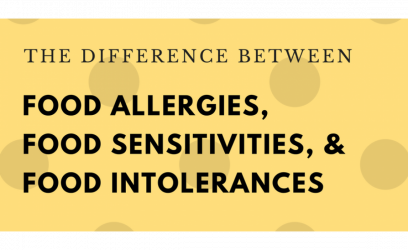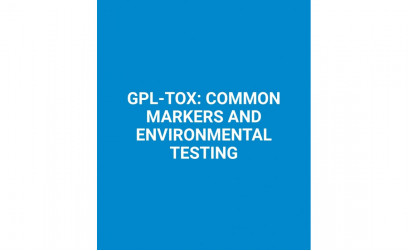Blog
Astaxanthin for Diabetes
Diabetes is a disease that is marked by chronic high blood sugar levels and the bodies inability to properly manage blood glucose. When you have diabetes, your body either no longer produces insulin or no longer responds to it. When cells no longer r Read More
- 0
Astaxanthin for Osteoarthritis
Osteoarthritis (OA), a common degenerative disorder affecting more than 240 million people, is a primary cause of disability. The disease is strongly age-dependent and is characterized by increased destructive alteration of articular cartilage, synov Read More
- 0
Astaxanthin for The Brain
Astaxanthin (pronounced Asta-zan-thin) is a supplement derived from micro-algae. It has the ability to protect the brain from harmful free radicals or oxidative stress (from pollution, smoking, stress, alcohol, chemicals or radiation) through its rol Read More
- 0
Autism Food List - Snack Ideas
Life can be crazy at times, and planning healthy snacks is often forgotten in the busyness of life. That’s okay - we’ve got some snack ideas that you can add to your autism food list. From no-prep, to grab-and-go, to easy recipes, we’ve got y Read More
- 0
AUTISM, SPECIAL NEEDS (E.G., ADD, ADHD, PERVASIVE DEVELOPMENT DISORDER) AND FUNGAL TOXINS WEBINAR RECAP
Autism and other special needs individuals often have biochemical and nutritional imbalances that contribute to language, socialization, and behavioral problems. In some situations, these issues are exacerbated by fungal toxins linked to chronic cand Read More
- 0
Biochemical Markers In The Urine Associated With Gastrointestinal Mold-Overgrowth Are Linked With Elevated Urinary Mycotoxins In Patients With Suspected Mold Illness
Fungal Infection, Mold, MycoToxins, Mycotoxins, MycoTOX Resources WILLIAM SHAW, PHD MATTHEW PRATT-HYATT, PHD Read More
- 0
Emphysema with Michelle Nay, RN, CDE
The definition of lung disease is an inability for the lungs to function properly due to decreased functioning of either the airways, tissue, or circulation. Circulatory diseases decrease the ability of the lungs to take up oxygen and release carbon Read More
- 0
Food Allergies vs Food Sensitivities - What's the Difference?
Food allergies, sensitivities, intolerances… aren’t they all the same?! My answer is a hard NO. While these terms may get mixed up in basic conversation, they all have varying meanings and can indicate very different reactions. Read More
- 0
Getting Children to take Supplements
Starting nutritional supplement therapy with children can be very stressful for parents. Children with developmental disabilities(such as ADD/HD, Autism, Sensory Integration Dysfunction, etc)may be required by physicians to take anywhere from 6 to 20 Read More
- 0
Gluten-Free Diet for Autism
“A gluten-free diet can be extremely helpful for some children on the autism spectrum, though it’s important to evaluate for gluten sensitivity to ensure the best results” Read More
- 0
GPL - TOX : COMMON MARKERS AND ENVIRONMENTAL TESTING
GPL - TOX : COMMON MARKERS AND ENVIRONMENTAL TESTING This webinar discusses some common toxins assessed on the GPL-TOX Profile. We discuss the effects of exposure and where to find these common toxins. Briefly, we will take a look into options for Read More
- 0
How Can a Dietitian Help with Autism?
“From selective eating and Candida overgrowth to food sensitivities and weight management, a Registered Dietitian can play a vital role in your child’s health and development.” Read More
- 0
Insulin Resistance affects 1 in 3 Americans. ValAsta may help.
Insulin resistance or metabolic syndrome occurs in conditions like obesity, type 2 diabetes, high blood pressure and high cholesterol. Skeletal muscle cells are resistant to receive glucose needed for energy. Symptoms are fatigue and false hunger Read More
- 0
KETONES AND FATTY ACID OXIDATION
Today's installment will focus on some of the more confounding markers of the Organic Acid Test (OAT). The ketone and fatty acid oxidation markers seem to cause some uncertainty. Read More
- 0















